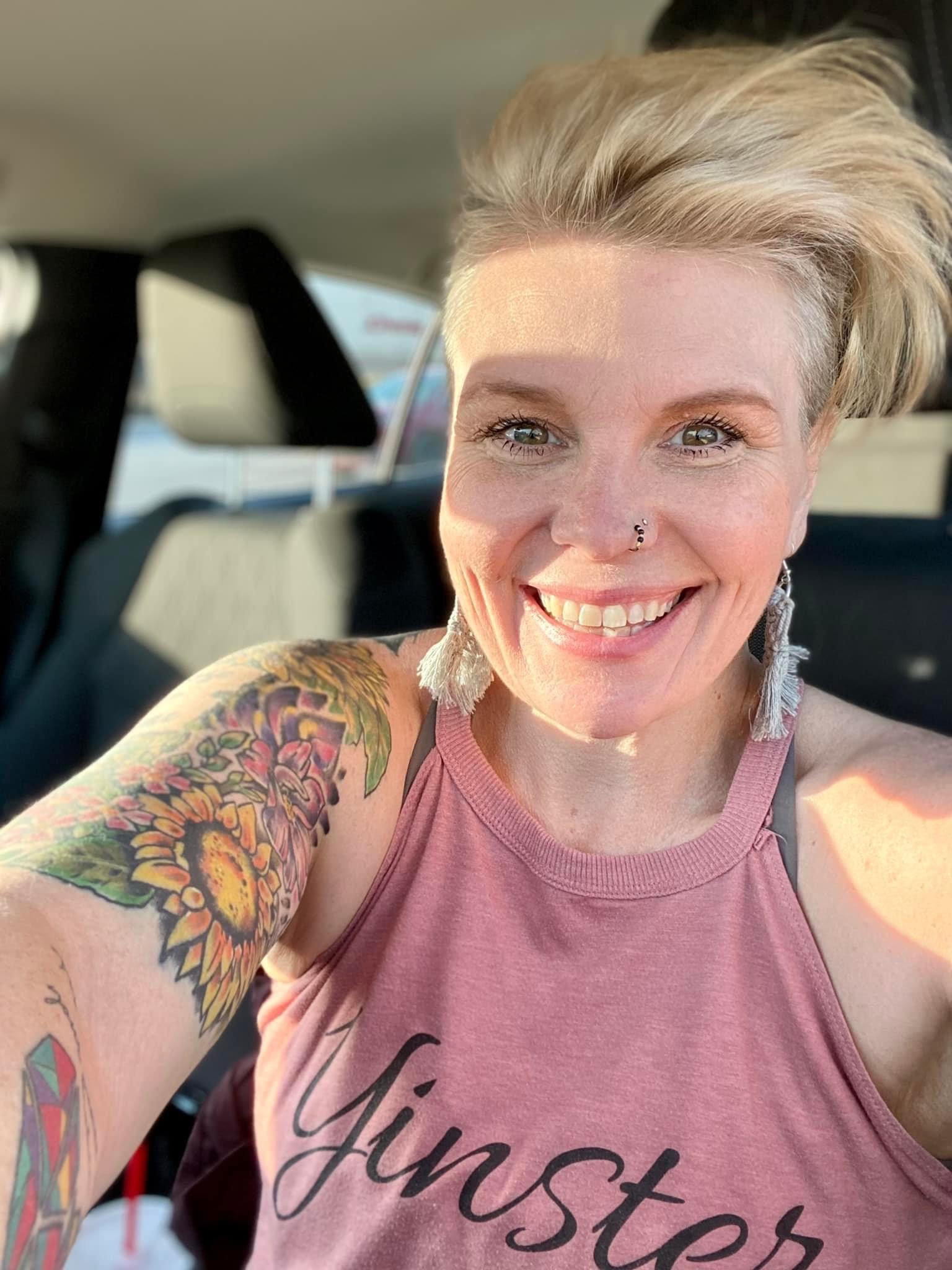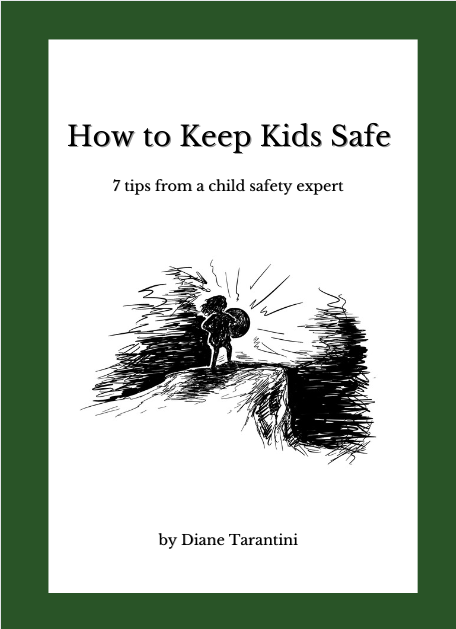Have you ever wondered how to keep kids safe?
In today’s guest blog post, Angie Conn–one of the bravest and coolest women I know–offers up several great ideas.
Angie believes it helps to know,
Every person wants to belong.
As human beings, we want to have connection and family, and we want to know that we are loved.
We live in a more advanced technological time than any generation before us. We have more ways to “belong,” thanks to social media and the world wide web, along with video games and apps, than ever before.
So why is it that today, with all of these avenues of interacting,
We are lonelier and more disconnected than ever before?
According to mindfulschools.org:
“American teenagers average about nine hours a day of entertainment media use…
…excluding time spent at school or for homework.” Despite being ever-connected, young people are reporting that they are lonely.
Loneliness has been estimated to shorten a person’s life by 15 years.
What does any of this have to do with the topic of child abuse?
Children that are lonely will look for people, places, and things to help them fill that space: online or in person. They are more likely to turn to high risk activities. In addition, they are at an increased risk of mental health issues like depression and anxiety.
Many times sleeping issues can become a problem resulting from late night online searching for connection. Drug and alcohol abuse and misuse can become a risk factor, as well as poor grades or school performance.
As a survivor of childhood abuse and trauma, I know how those feelings of loneliness and isolation affected my decisions before the age of technology really became a way of daily life.
I was constantly friend-group surfing to find those that would accept me and let me be a part of them. As I got older, it got more serious. The risks got bigger and the consequences more severe. I began self-harming, skipping school, shoplifting, and using substances to numb the increasing loneliness I felt.
How can we help our kids and young people bridge that gap and come through the disconnect stronger?
THROUGH CONNECTION
The opposite of what is bringing the harm.
THROUGH FEELING SEEN
We have to be intentional with our children, and often. We live in a busy world, and if we do not make connection important, life can whiz by us fast!
Having a time everyday—whether it’s 10 minutes or a meal—where we can check in and connect as a family is important.
Create a monthly activity or adventure that you can enjoy together:
- Cooking a meal
- Walking at the park
- Playing mini-golf
- Coloring
- Trying a new dessert
THROUGH FEELING HEARD
Create spaces of connection. Whether it’s asking about the highs and lows of your child’s day, or playing a board game (ie. conversation question games), choose activities that help your family connect.
Our family found this card game that asks questions, and we started playing it as a way to connect once a week. In our time together, everyone got four cards and we could pick a person in the family, but only once, and ask them what was on the card. This was a way to get to know one another and hear each other’s heart in a neutral yet powerful way.
THROUGH FEELING VALUED
Pick a monthly project to do as a family. Allow each family member to decide something they really care about, whether it is a community service project, a charity to give to, or something to research and talk about together.
What are the things that each person values and finds important to their heart? When we make it a point to find out what each family member cares about and feels enthusiastic about, it shows kids that their ideas and opinions are important, and allows them to discover those same things about us.
I know it isn’t an overnight or a simple fix, but we have to start somewhere. Even though there may be pushback or resistance,
Our kids and young people want more than anything to find true belonging in this chaotic world.
Cultivating intentional spaces of connection and learning about your child’s interests and dreams will open up opportunities for conversations.
Making connections will take effort on our part, as well. We may have to give up some things in order to find some even better ones.
*****
Angie Conn is an educator, leader, advocate, yogi, and thriver. She works as an independent consultant for SheWhoDares, LLC., which she founded in 2018, to empower other survivors to dare to step out and overcome their own trauma. Currently, she contracts with several agencies, nonprofits, and organizations across the country working on projects and curriculums to better the mental wellness and physical health of survivors of trafficking, exploitation, and trauma. You can follow Angie here.
Tune again soon for more tips on child safety.
(Photo Credit: The featured image on this post is by StudioRoman via Canva.)












